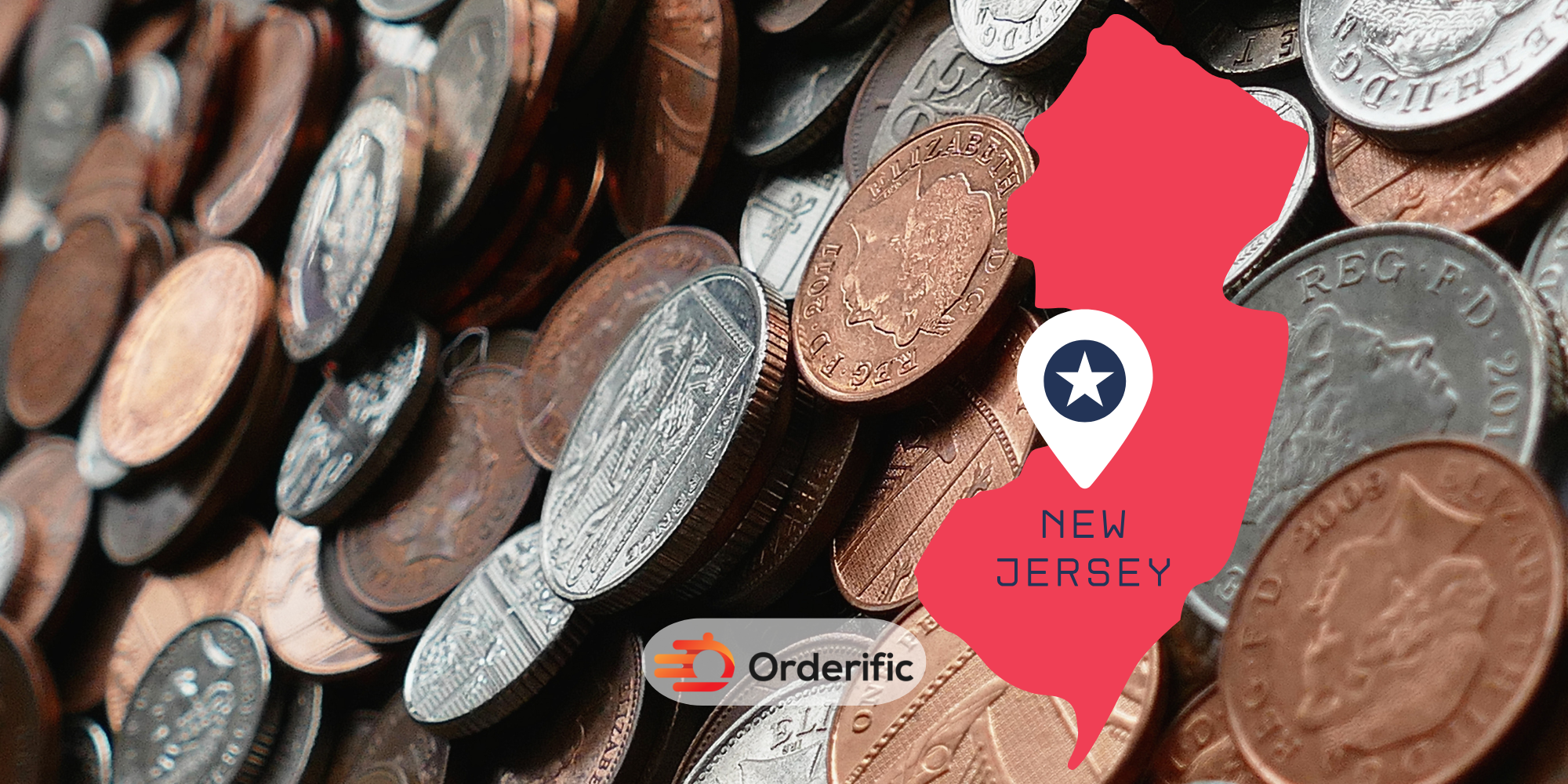An Overview of New Jersey’s Minimum Wage Regulations
New Jersey adheres to federal minimum wage standards, obligating all employers within the state to abide by them. As of January 1, 2023, New Jersey’s minimum wage rate stands at $14.13 per hour, surpassing the federal minimum wage of $7.25 per hour.
Employers in New Jersey must also provide their employees, exempt from overtime under the Fair Labor Standards Act (FLSA), with at least the New Jersey minimum wage rate. These exemptions encompass executives, administrators, professionals, computer professionals, outside salespersons, and specific skilled workers.
Recent Changes
In 2019, the New Jersey legislature enacted a bill necessitating state employers to elevate their minimum wage rate from $8.60 per hour to $11 per hour by January 1, 2020. This initiative formed part of a broader campaign to address income inequality and grant workers higher wages.
The legislation further stipulated that the minimum wage rate would incrementally reach $15 per hour by 2024. Subsequently, after 2024, the minimum wage rate would be adjusted annually in response to changes in the cost of living.
Impact on New Jersey’s Workforce and Businesses
The boost in hourly wages has proven advantageous for New Jersey workers, enabling them to earn a more substantial wage for their labor. This has been particularly beneficial for individuals grappling with financial challenges.
Nevertheless, the hike in the minimum wage rate may compel businesses to either raise prices or adapt their operations to accommodate the increased labor costs. Consequently, some businesses may face financial challenges, while others may need to curtail staffing levels or modify their operating hours.

Impact on Businesses
Business proprietors in New Jersey should note that the state’s minimum wage rate applies to both regular and tipped employees. Employers are obligated to pay tipped employees at least $2.13 per hour, in addition to any tips they receive from patrons.
If an employee’s tips do not suffice to meet the state’s minimum wage requirement, the employer is responsible for bridging the gap. Consequently, New Jersey businesses must diligently track their employees’ tips and work hours to ensure compliance with labor laws. Staying informed about the latest developments in New Jersey’s labor regulations is essential for employers, ensuring equitable treatment and accurate compensation for their workers.
Pros and Cons of Increasing New Jersey’s Minimum Wage
The rise in the minimum wage brings both advantages and disadvantages for workers and businesses in New Jersey. On the positive side, it can provide much-needed relief to individuals grappling with financial challenges by granting them higher incomes. However, businesses, whether small or large, might encounter difficulties in accommodating the additional costs associated with paying their employees higher wages.
Ultimately, the decision to raise the minimum wage should stem from a thoughtful examination of all potential ramifications. By staying informed about the latest developments in New Jersey’s labor laws, employers can make informed choices that ensure equitable treatment of their workers while safeguarding their business interests.
Comparing New Jersey’s Minimum Wage to Other States
New Jersey’s minimum wage surpasses the federal rate of $7.25 per hour but still falls below the minimum wage in some neighboring states. Massachusetts and Connecticut both boast a minimum wage of $15 per hour, while New York sets its rate at $14.20 to $15.00 per hour. The variation depends on factors like living expenses and local regulations.
Notably, the cost of living in New Jersey may exceed that in other states, potentially accounting for the wage disparity. It’s important to highlight that, despite being lower than some neighboring states, New Jersey’s minimum wage rate still outpaces the federal minimum wage.
Employers should also be aware that certain cities and counties in New Jersey. These have their minimum wage laws, which must be adhered to. Employers should consult their local ordinances to ascertain if any additional labor laws apply.
Potential Future Changes to New Jersey’s Minimum Wage
The current minimum wage rate of $14.13 per hour is slated for annual increases until it reaches $15 per hour by 2024. Subsequently, adjustments will be made based on fluctuations in the cost of living.
Efforts have been made to further raise New Jersey’s minimum wage, with some proposing rates as high as $15.50 or even $18 per hour. The implementation of these proposals remains uncertain. But employers should stay updated on any new developments in the state’s minimum wage laws to maintain compliance.
Overall, this increase has been a positive development for the state’s workers, ensuring that they earn a wage that enables them to make a decent living. Employers must remain vigilant about recent changes to guarantee they provide their employees with fair compensation and mandated benefits by the law.

Conclusion
New Jersey’s minimum wage regulations constitute a vital aspect of the state’s labor laws. And all employers must adhere to these regulations. The current rate stands at $14.13 per hour, with planned increases in the years ahead, with the expectation of reaching $15 an hour by 2024.
Business proprietors should make it a priority to stay informed about the most recent developments to maintain compliance. And they should guarantee that their employees receive fair and just wages and benefits. Additionally, employers should remain vigilant regarding any local ordinances that may necessitate a higher minimum wage rate than the state-mandated rate.
Through a comprehensive understanding of New Jersey’s labor laws, employers can effectively ensure that their employees receive equitable compensation while safeguarding their interests and upholding legal compliance.
You can find more informative content with Orderific here. For the countless benefits Orderific can bring to your business, start trying it out here. Today is Orderific time!
FAQs
What is the current minimum wage in New Jersey?
The current minimum wage rate in New Jersey is $14.13 an hour, which went into effect on January 1, 2023.
When was the last time New Jersey’s minimum wage was raised?
New Jersey’s minimum wage rate last increase was in January 2023.
How does New Jersey’s minimum wage compare to other states?
It is higher than the federal rate of $7.25 an hour. But it is still lower than some other states in the region such as Massachusetts and Connecticut,
What industries in New Jersey typically pay minimum wage?
Generally, industries that employ low-skilled or entry-level workers are most likely to pay minimum wage.
Are tipped employees in New Jersey covered by the state’s minimum wage law?
Yes. The state requires employers to pay their tipped employees, plus any tips they receive from customers.













